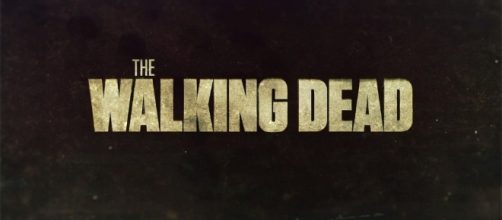Despite experiencing a relative ratings lull lately, the series continues to pull 11.1 million viewers, ensuring it a continued run among the top shows on television. As such, Scott M. Gimple (Ghost Rider: Spirit of Vengeance), showrunner of 'The Walking Dead', expressed interest and even cracked a few jokes about the possibility of the runaway hit AMC series becoming a blockbuster movie. In an interview with Comicbook.com, Gimple said he was asked often about this, and that, 'I'm sure one way or another, one day, it'll happen.
I think it would be cool.'
Who would be cast in the film?
In a jesting tone, Gimple belted out a few names for a big screen version of the series. 'William Shatner as Rick. We'll get Edward James Olmos as Daryl. Hit all the big shows!' he jested, before adding, 'Matthew Fox as the Governor!' However, all wisecracking aside, even as a television series, 'The Walking Dead' hasn't had trouble attracting some of the most popular and well known talent in the industry. Behind the camera, the series was brought to life by Oscar winner Frank Darabont (The Shawshank Redemption), while in front, the cast has included the likes of Andrew Lincoln, Jon Bernthal, Sarah Wayne Callies, Jeffrey DeMunn and Laurie Holden among dozens of others.
Not the first TV to film leap
While one can wax on and on about the age of reboots and sequels, television adaptations have been common practice in Hollywood, as well as other film industries, for decades. Even as far back as television's early existence, properties like Britain's 'Whack-O' (1960's Bottoms Up) and America's 'Yogi Bear' (1964's Hey There It's Yogi Bear) got films made.
Over time, as many became nostalgia properties, they were turned into larger productions (The Flintstones, Inspector Gadget, 101 Dalmatians, The Honeymooners, Fat Albert, Get Smart). In other cases, like with 'Firefly' or 'Veronica Mars', their films are more closure to their respective stories (2005's Serenity and 2014's Veronica Mars). Whether or not 'The Walking Dead' will be the former or the latter has yet to be seen.

